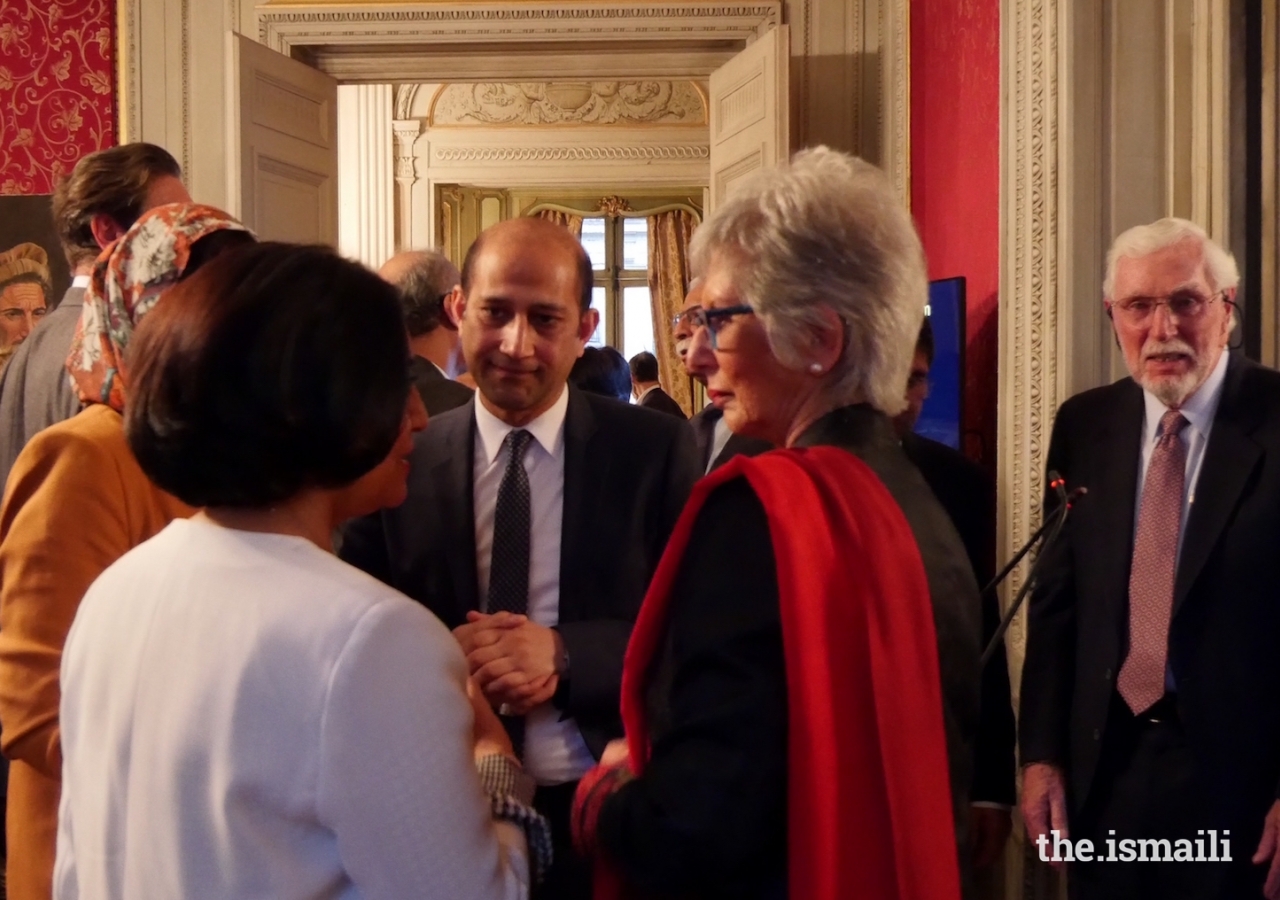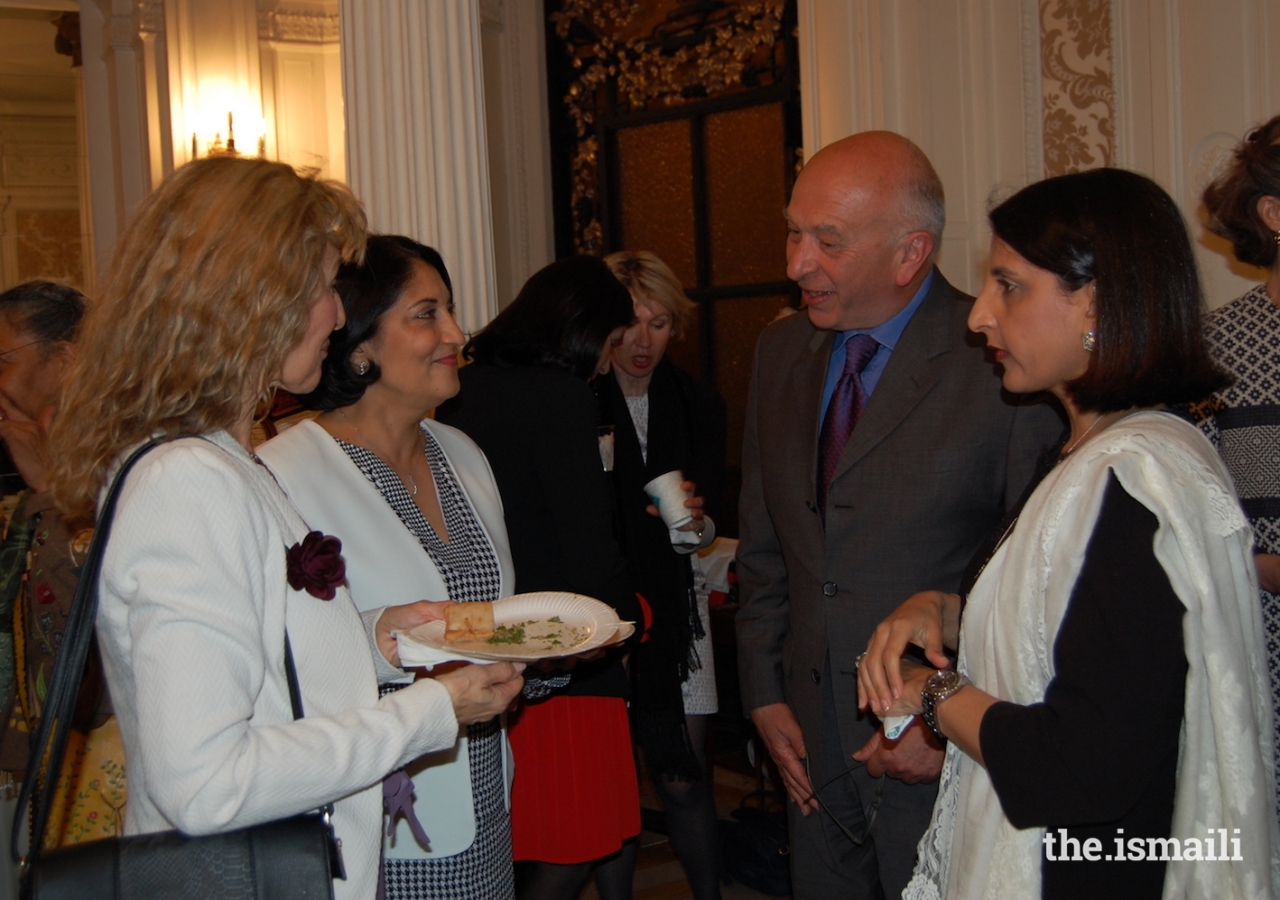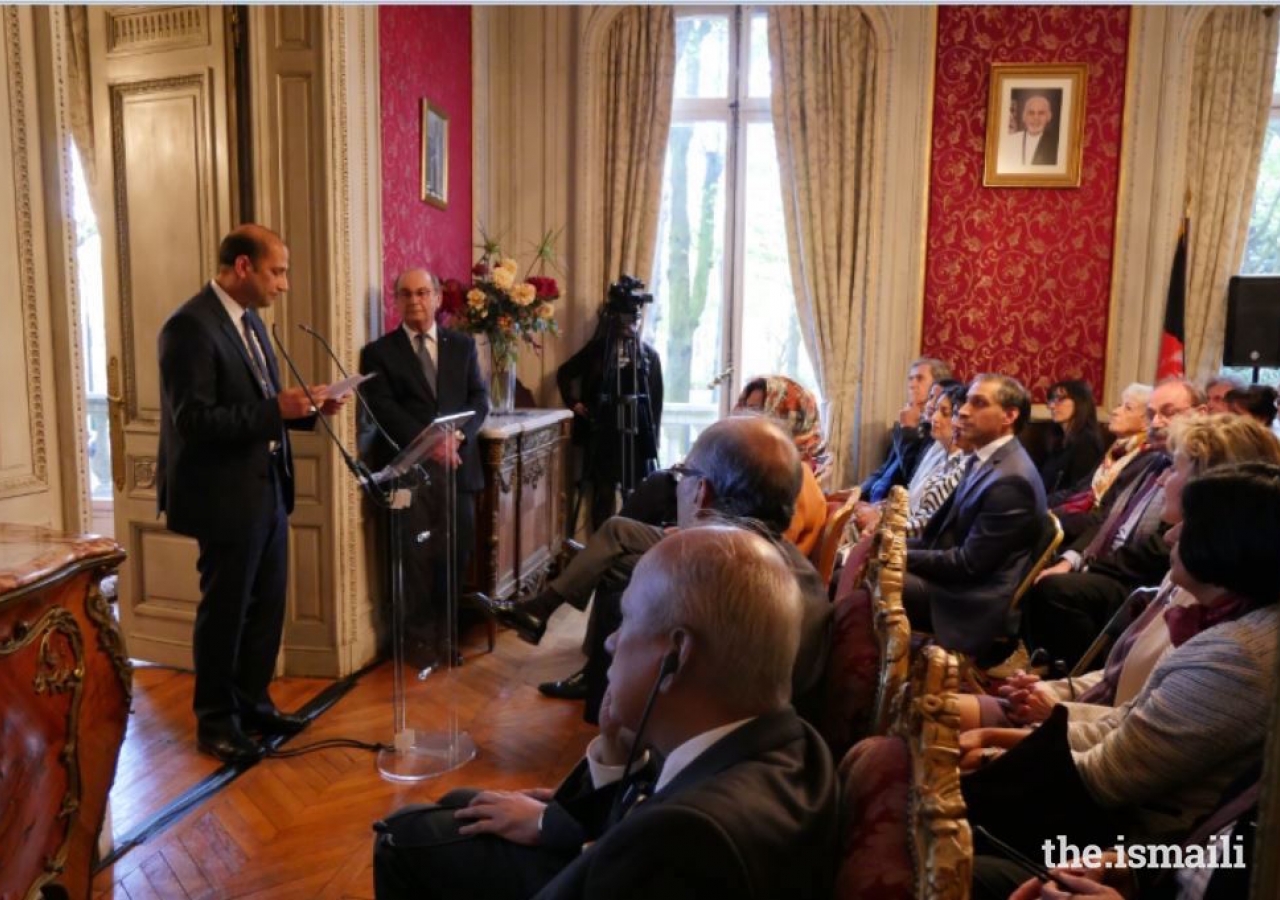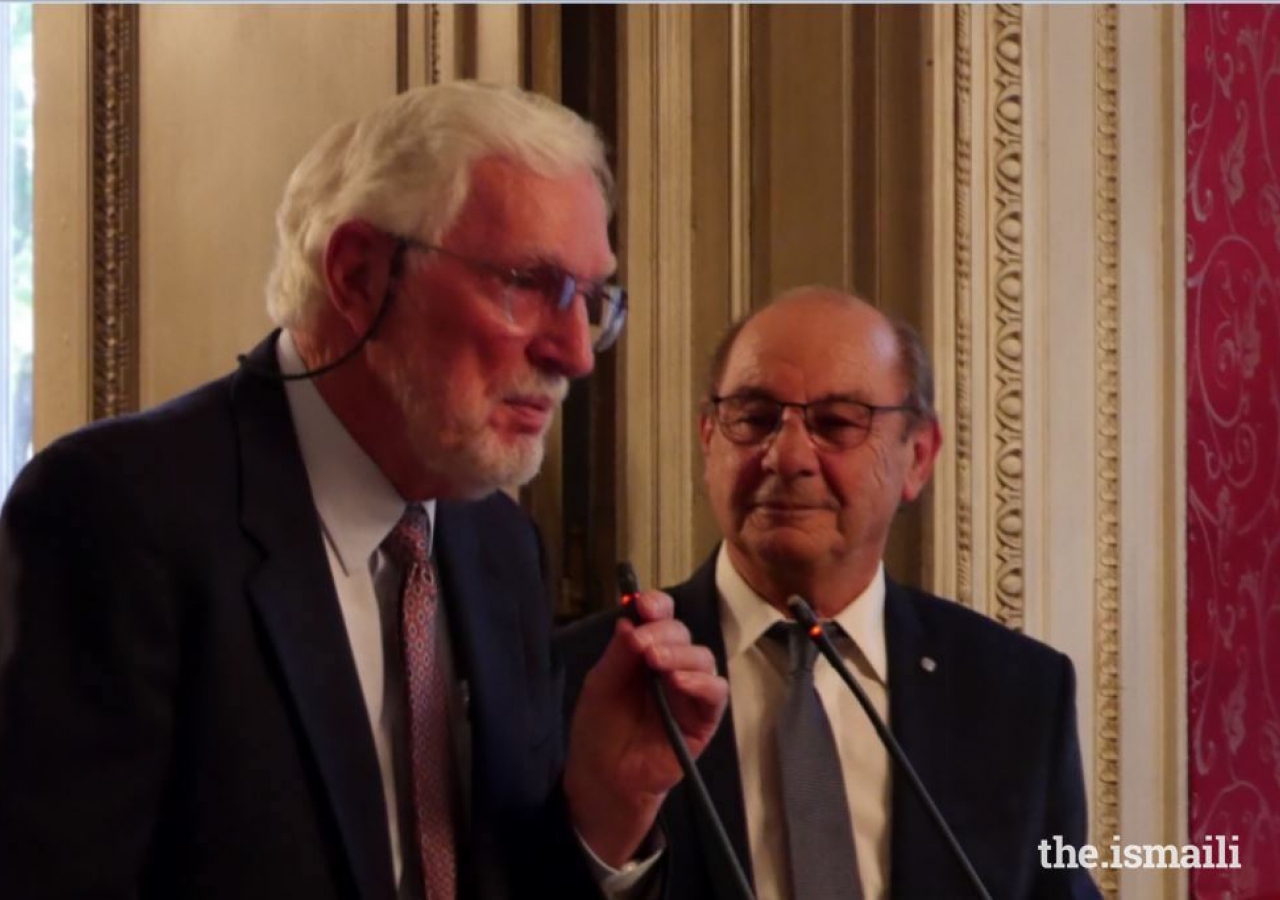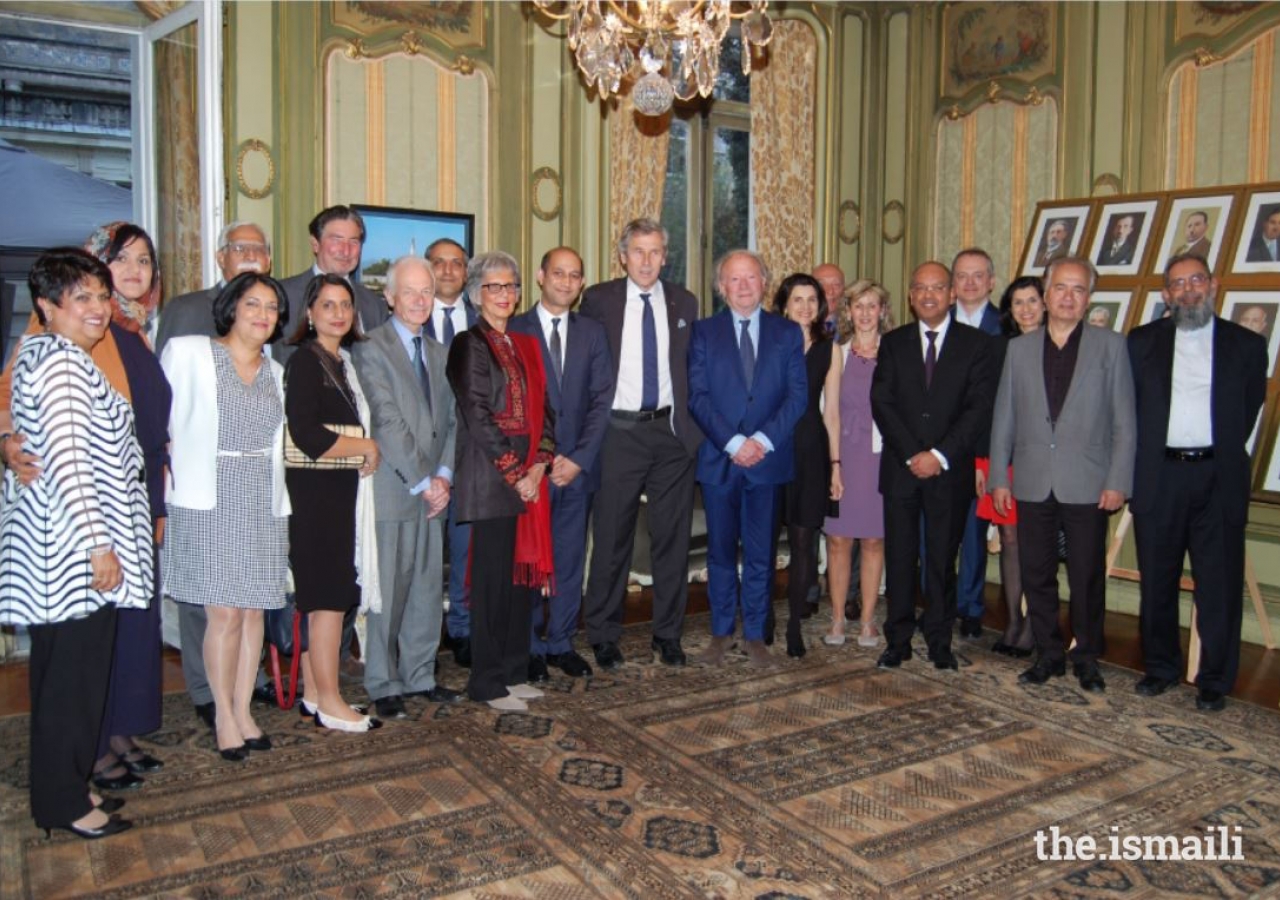“Anxious parents hover at their beloved children’s sides, watching every act of nurses and doctors with a mix of desperation and hope. Hushed sounds — muted voices, hissing, clicking, and beeping — create an eerie, mystical aura. The families whose children are in the unit have an almost religious trust that miracles will happen and that their precious young lives will be saved.”
A Place of Miracles presents the success of the French Medical Institute for Children (FMIC), a Public-Private Partnership between the French Government, the Government of Afghanistan, La Chaîne de l’Espoir, and AKDN. Public-private partnerships are strategic collaborations that bring together resources, competencies, and best practice, and have proven an effective means of spurring social progress. FMIC represents the first public-private partnership in the field of health in Afghanistan.
In 2001, La Chaîne de L’Espoir, a French NGO with a mission to care for the most vulnerable children in the poorest parts of the world, proposed building a maternal and child hospital in Kabul, which would contribute to the reconstruction of the country’s healthcare system. They approached the Government of Afghanistan, who donated land; and AKDN, to run the hospital. In 2006, the partnership between the parties was formalised, and FMIC was officially inaugurated in the presence of Mawlana Hazar Imam, President Hamid Karzai of Afghanistan, and French First Lady Madame Bernadette Chirac.
Dr Hilling’s book tells the story of FMIC’s establishment during a time of relentless war, providing a model for other development projects to emulate:
“FMIC is one of Afghanistan’s most remarkable success stories. It has enabled children’s lives to be saved that would otherwise have been lost, and it has enabled repair of children’s disabilities and improvement to their quality of life. The partners creating FMIC have made an extraordinary contribution to increasing the capacity of Afghan doctors, nurses, allied health professionals, and management and support staff. FMIC has been a catalyst to enable Afghan health professionals to discover that they can perform at levels consistent with international standards and that they can interact with learned professionals from around the world.”
The 161-bed mother and child hospital, operated by the Aga Khan University, stands as a unique example of high-quality care provided to children in an environment of conflict. In recent years, thousands of children have been treated at FMIC for congenital or acquired heart disease. Almost half of these have been open-heart surgery. The positive impact of FMIC as part of AKDN’s broad scope of work in Afghanistan and beyond was acknowledged at the event in Paris.
His Excellency Abdel-Ellah Sediqi, Afghan Ambassador to France, warmly welcomed all guests and expressed his admiration for the collaborative work between the respective governments and civil society organisations. His Excellency also conveyed his admiration for Mawlana Hazar Imam, saying: "I’d like to express the immense respect that all Afghans have for His Highness the Aga Khan, he is in our hearts and prayers… The event that you organised tonight at the Embassy honours us, the professionalism of the Ismaili community is a reflection of the quality advocated by His Highness in all its initiatives."
Speaking at FMIC in 2012, Mawlana Hazar Imam said “This accomplishment results from a unique partnership – with inputs from four different sources… What we have created here, however, is not some highly exceptional showcase to benefit a privileged few. What this project is doing is charting a course towards sustainable health solutions all across Afghanistan. In fact, FMIC is a critical hub for the AKDN Integrated Health system, which is designed to bring international standard primary, secondary and tertiary health care to the people of Central Asia, including those in the remotest areas.”
Since its establishment 12 years ago, FMIC has served more than 2 million patients, trained 700 medical professionals, and currently employs 95 per cent of its staff from within Afghanistan. The four founding partners remain committed to working together to invest in the hospital. Their bold vision is for FMIC to become a tertiary medical centre of excellence, and to provide health services and education in the quest to build a sustainable healthcare system for Afghanistan and the wider region.
Dr Lee Hilling has held board and senior executive management positions at academic health centres in the United States, Pakistan, and East Africa. Since 1991 he has served in a wide variety of roles within AKDN, and has been Chair of the FMIC Board since 2006.

